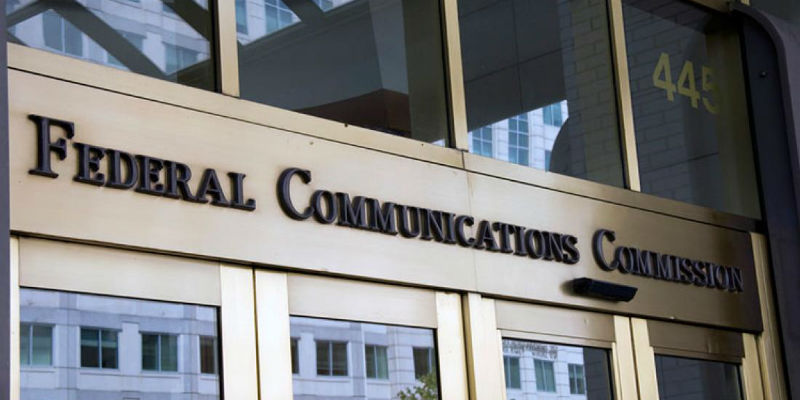The FCC has adopted a Report and Order further extending for 18 months, until December 31, 2018, the current freeze of jurisdictional separations and cost allocation factors for rate-of-return incumbent local exchange carriers (ILECs) so the FCC and Federal-State Joint Board on Jurisdictional Separations (Joint Board) may consider the impact of new policy changes on reforms of the separations rules. In 2001, the FCC froze the Part 36 jurisdictional separation rules for five years or until the FCC completed comprehensive separations reform. The freeze was intended to provide regulatory certainty for ILECs by minimizing any impacts on separations results that might occur due to technical and regulatory changes in the communications sector over the last two decades, such as growth in local competition and new technologies. The freeze was subsequently extended six times and was set to expire on June 30, 2017. The FCC states that recent policy changes in the high cost universal service support program, intercarrier compensation systems, and Part 32 accounting rules significantly affect analysis of comprehensive separations reform, and an eighteen months freeze will allow time for consideration of the impact of these reforms on the separations rules. The Joint Board is scheduled to meet to consider separations reform in July 2017, and the FCC expects recommendations by April 2018.
As a result of the extension, price cap carriers that have not taken advantage of conditional forbearance from the Part 36 rules will use the same relationships between categories of investment and expenses within Part 32 accounts and the same jurisdictional allocation factors that have been in place since the start of the current freeze. Rate-of-return carriers will use the same frozen jurisdictional allocation factors, and will, absent a waiver, use the same frozen category relationships if they had opted in 2001 to freeze those.








